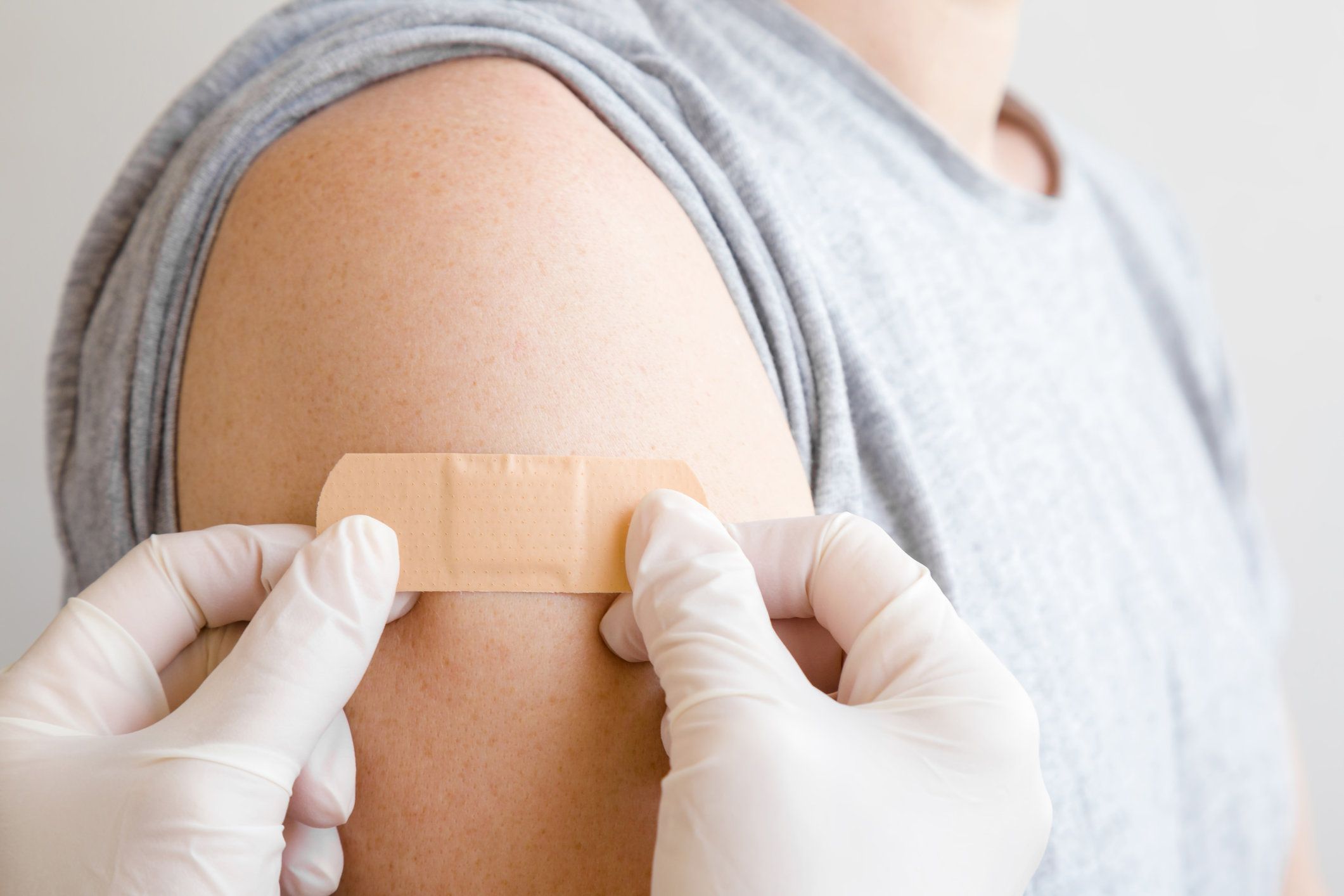My teenage son recently went to his back-to-school wellness visit and came home with a sore arm. It turned out he needed two meningococcal vaccines. If my son hadn't gone for that wellness visit, it never would have occurred to me to make an appointment for the vaccinations.
The COVID-19 pandemic has upended just about every aspect of our lives, and it's easy to let some things slide. But immunizations are an entirely different matter; they are a vital part of our health care that shouldn't be postponed.
It's not only important to adhere to the Centers for Disease Control and Prevention (CDC) 2020 immunization schedules (for both adults and children), but it's crucial that we get our flu shots this year. I recently reached out to two leading experts to learn more about why immunizations and flu vaccines are so critical, especially during the pandemic.
Children, schools and vaccines
Dr. Michael Miller, a health care and life science consultant, explained that immunizations are always important for adults and children. Usually this process is overseen by school requirements, but this year is different because many children aren't attending in-person school due to the pandemic.
“If they're not physically going back to school, it's important to check with the pediatrician to make sure you're up to date with their vaccines because the school may not be checking if students aren't going in person," Miller said.
Even if they are going in person, states have different vaccine requirements, and many immunizations that are recommended by health care providers, such as for human papillomavirus (HPV), are not required for a student to enroll in school.
Further, children are also behind on vaccines because they are missing their wellness visits.
“There was a real reduction in well pediatric visits due to COVID-19," said Dr. Lisa Larkin, founder of Ms. Medicine, a women's health company dedicated to advancing evidence-based women's gender-specific primary care, and member of HealthyWomen's Women's Health Advisory Council.
“Routine immunizations really dropped off for young infants and young children. We need to make sure that everybody's immunized for everything they should be immunized for, particularly during COVID," Larkin said.
The flu vaccine is particularly important this year, especially for minorities
Both Larkin and Miller recommend getting the flu vaccine early this year for a variety of reasons. From a personal perspective, it's possible to get the flu and COVID-19 simultaneously. Miller points out that if you haven't had the flu vaccine and get symptoms, you may dismiss them as the flu when in fact you have COVID-19.
“For people who have particular health problems, such as lung problems, diabetes or compromised immune systems, it's more important they get vaccinated — and there may be other vaccines they should be getting," Miller said.
Larkin mentioned that having both the flu and COVID-19 simultaneously increases the patient's risk of complications. She also emphasized the importance of minority communities, who traditionally have very low vaccination rates, getting their vaccines, particularly for flu.
“It's often in underserved communities where access is worse, and we all know that those are the patients who are really doing worse with COVID-19," Larkin said. “So I think the minority populations, people with other medical illnesses, we really have to focus on making sure that this year they get vaccinated."
From a public policy perspective, Larkin explained that we could overwhelm the healthcare system if we have a bad flu season in addition to those who need hospitalization for COVID-19.
She said the ideal time to get the flu vaccine is mid-September through October. “You want to have time for your body to develop the antibodies in response to the vaccine," Larkin said. “So that if we have an early flu season, you are protected."
Other important immunizations
Miller emphasized that it's crucial that children get vaccinated for measles. This is usually done through the MMR (measles, mumps, rubella) vaccine. Children should get the first dose at about 15 months and the second between ages four and six.
Miller said that measles is an incredibly contagious condition, not everyone is immune and the disease spreads like wildfire. Moreover, if an adult gets measles, it can be very serious and possibly fatal.
“If you get measles, it can erase the immune memory for a lot of other infections that you had immunity to," Miller said.
Larkin, who works with adults, said she is making sure her patients get both pneumonia vaccines and that their shingles vaccine is up to date.
“You don't want to have pneumonia during COVID-19," Larkin said.
Safety and herd immunity
It's natural to be concerned about visiting a health care provider during the pandemic, but most providers have put strict protocols in place, such as patients waiting in their cars instead of a waiting room. When making the appointment for your or your child's immunizations, ask what kinds of precautions are in place and whether the office offers drive-by or outdoor vaccinations.
Many vaccines are available at pharmacies, and they are mostly free for those with health insurance. Federally funded health centers may also provide vaccines — often at a reduced cost or for free.
It's important to remember that vaccines aren't only about giving the receiver immunity and protecting them from getting an infection, but also keeping them from spreading it.
“We've all heard about herd immunity; that's the whole idea behind everybody getting vaccinated. And it's not just you that you're protecting; you're protecting your parents and your grandparents. So by getting a vaccine you're helping not kill grandma," explained Miller.
“You should be doing it to help yourself, but for the good of the community, too," Larkin said. “If there was ever a year to get the flu vaccine, this is the year."


